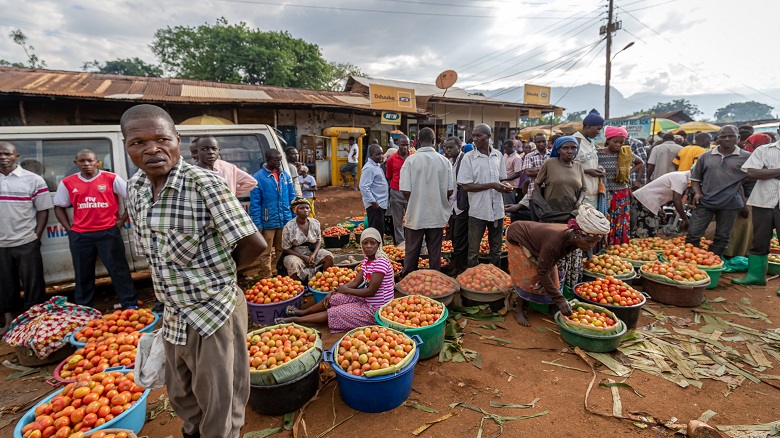>> DOWNLOAD REPORT <<
Small-scale cross-border trade (SSCBT) is of substantial importance in African countries. While individual transactions are small, SSCBT volumes add up to sizeable amounts that sometimes exceed official customs-recorded trade across entire categories of goods particularly in agriculture. Thus, while it is often said that African countries trade more with the outside world than with each other, a very different picture of regional integration emerges when SSCBT is considered.
Despite the importance of SSCBT, small-scale trade is rarely captured by customs, nor recorded in official trade statistics, and, hence, is generally not taken into consideration by policymakers and investors. Better information on SSCBT would notably inform policies for poverty reduction and inclusive growth and raise policymakers’ awareness of the situation of women in border regions, who often represent the majority of small-scale traders.
This report aims to identify systems and practical strategies that countries can use for improved monitoring of small-scale trade. It shows that more accurate monitoring of cross-border trade can improve macroeconomic risk management and inform regional trade negotiations. A better understanding of SSCBT can help identify formal trade bottlenecks, such as overly strict regulatory requirements, high taxes (and bribes), or long border-crossing times, that drive traders to avoid formal import or export declarations.
The World Bank and other development partners have an important role to play in publicizing the lessons from existing SSCBT monitoring efforts and addressing the challenges. They could undertake active advocacy on the importance of more comprehensive and accurate trade statistics and encourage information sharing among countries on effective SSCBT monitoring practices.

